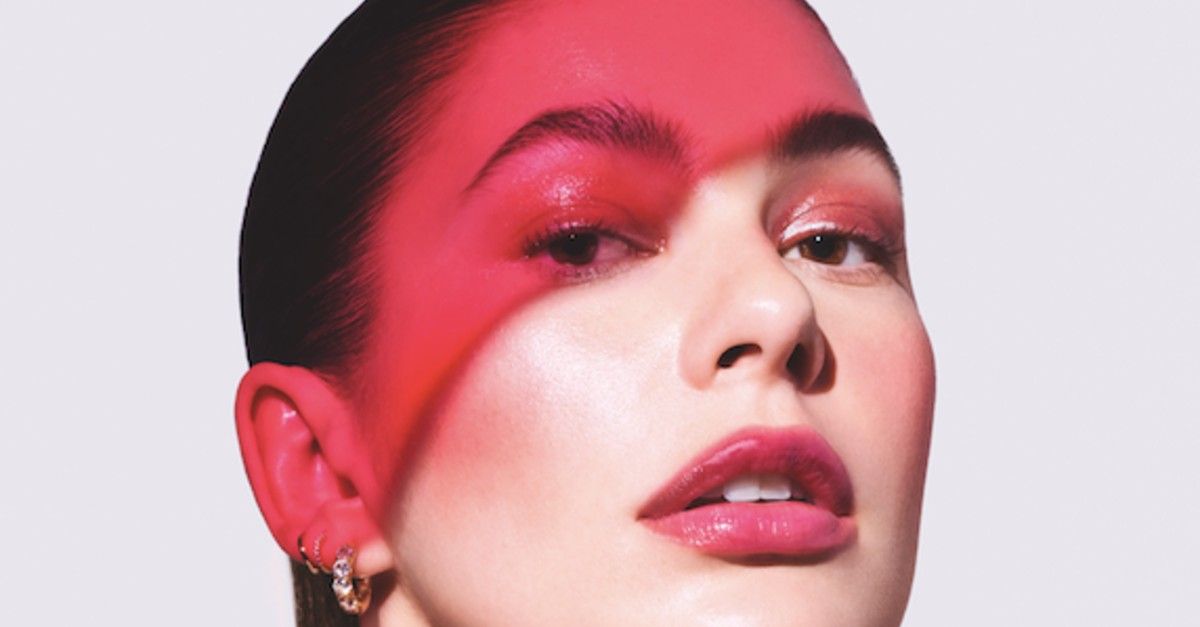Unlock the US Election Countdown newsletter for free
The stories that matter on money and politics in the race for the White House
With a fortune that has more than doubled to $50bn since 2021, Steve Schwarzman and his descendants could spend a million dollars a week for the next thousand years and still have change. Yet the Blackstone co-founder is so worried that Democrats will harm the economy that he is all-in for Donald Trump. This is in spite of describing the January 6 assault “as an affront to the democratic values we hold dear”. Not that dear, it seems.
It would be arbitrary to single out Schwarzman. As Susan Glasser lays out in The New Yorker, many of the billionaires funding Trump are having to eat their words. Elon Musk, who is offering a million dollars a day between now and November 5 in lottery prizes for newly registered voters in Pennsylvania, once urged Trump to “hang up his hat and & sail into the sunset”.
Nelson Peltz, a Florida-based hedge fund owner, called Trump a “terrible” human being. “I voted for [Trump] in this past election,” Peltz said on January 7 2021. “Today, I am sorry I did that.” Peltz’s recent fundraisers for Trump are his un-apology. Others include Harold Hamm, the Oklahoma oil billionaire, who told the FT last year that he wanted Trump to end the “division and chaos” and retire. Now, apparently, that chaos is worth the risk.
One or two Maga financiers, notably Timothy Mellon, scion of the Pittsburgh-based dynasty, never wavered on Trump. The rest have made it clear they place higher value on their rate of asset growth than on the future of US democracy. Yet the Joe Biden years have been kind to America’s super-rich. The S&P 500 is up by more than 50 per cent since he took office. Others have seen their net worth rise at similar rates to Schwarzman. Kamala Harris, who brands herself a “capitalist”, is friendlier to business than Biden. She proposes a 28 per cent capital gains tax, for example, against Biden’s 39.6 per cent.
What is it about Harris that drives billionaires back to a man so many of them have condemned? Each are billionaires in their own way. Some, such as Musk, want specific deregulatory benefits from Trump. A softer touch on Tesla’s self-driving cars and more federal contracts for his Starlink satellites are obvious upsides. Alone among Trump’s big backers, Musk’s fortune has fallen during the Biden years. He seems to blame that on over-regulating Democrats, not on his own business decisions.
Others, like Miriam Adelson, widow of the late gaming magnate Sheldon Adelson, think Trump would be better for Israel. Hamm is motivated by Trump’s vow to lift Biden’s freeze on Alaskan Arctic drilling and his LNG export ban. Last May, Trump asked 20 oil and gas executives for a billion dollars in exchange for open season on drilling. The $14.1mn he has raised since then comes nowhere near that. But it is 10 times what Biden and since then Harris have received from energy donors. Likewise, crypto enthusiasts, such as Cantor Fitzgerald’s Howard Lutnick, want regulators off bitcoin’s back. They also want Trump to block the US Federal Reserve from launching a central bank digital currency. Trump has pledged to add bitcoin to the Fed’s balance sheet.
All billionaires care about the expiry next year of a large chunk of Trump’s 2017 Tax Act. Yet his 21 per cent corporate rate is permanent and the 20 per cent capital gains tax would be unaffected. The largest hit to the very rich would be a halving of the inheritance tax exemption to $13.6mn. But there are myriad ways to game estate duty. If Harris won, she would almost certainly have to deal with a Republican Senate, which would block her plans to tax unrealised capital gains. The tax difference in practice between Trump and Harris would be pennies on the dollar.
What, then, is driving the rich back to Trump? The missing piece is psychology. When you are as rich as Croesus, paranoia about losing it all takes hold. Your sense of reality changes. In 2010, Schwarzman likened Barack Obama’s plans to close the so-called carried interest loophole — which allows private equity owners to pay a lower tax rate than their secretaries, in Warren Buffett’s words — to the Nazi invasion of Poland. Neither accounting expertise nor historical knowledge could explain his bizarre analogy.
Other billionaires and many executives have donated to Harris. Her near $1bn fundraising in the last quarter alone exceeds Trump’s tally since January 2023. Maybe her donors place more value on democracy. But they could also be motivated by asset protection. The inflationary effect of Trump’s planned global tariff war and his threat to the Fed’s independence would hit everyone’s bottom line.
edward.luce@ft.com
















































































